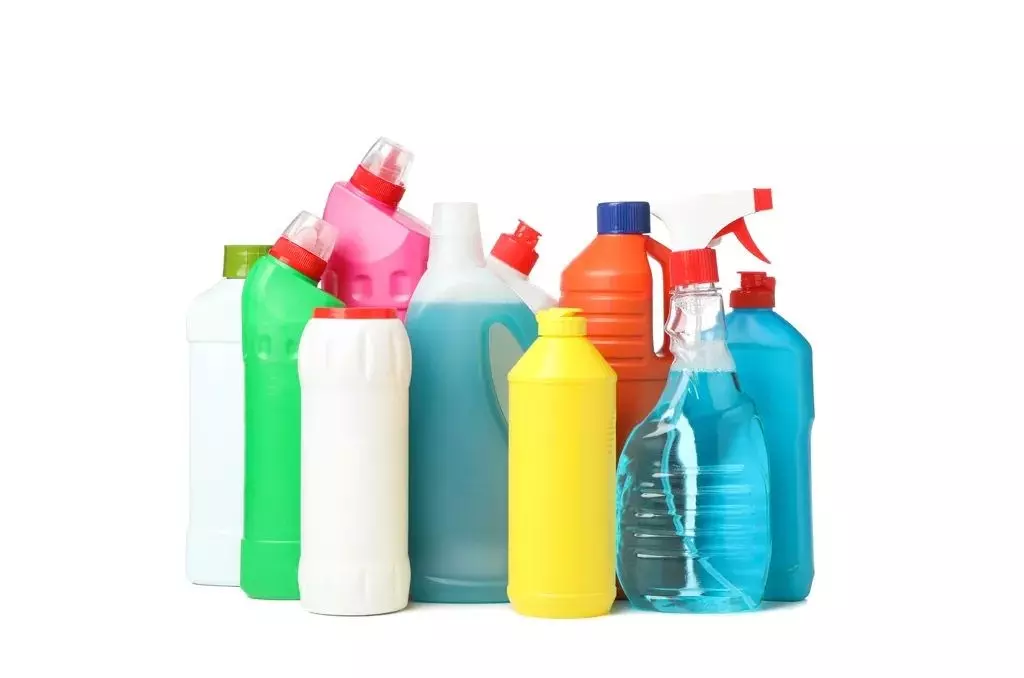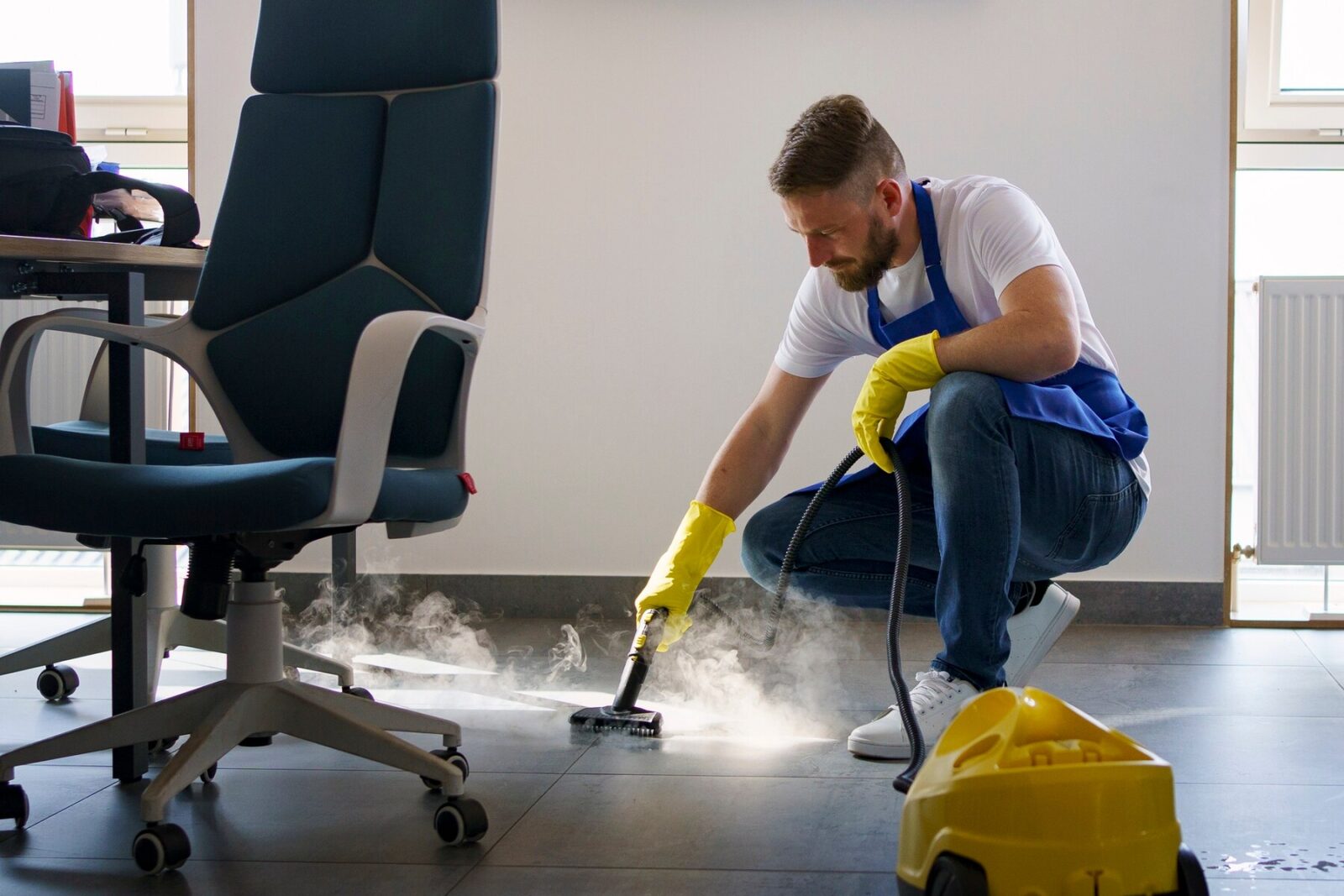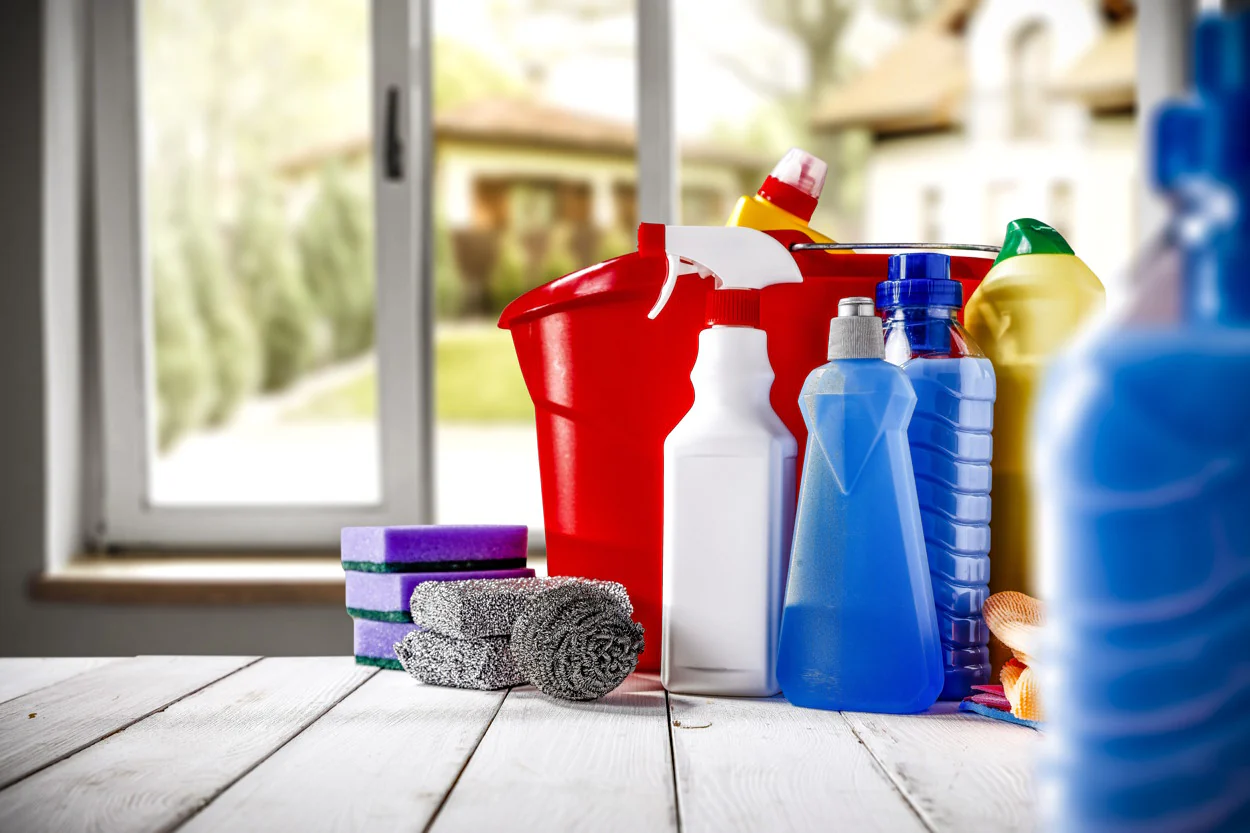
How To Choose The Right Food Storage Containers For Freezer, Fridge, And Pantry Use
Struggling to keep your food fresh and your kitchen organized? Whether it’s preventing freezer burn, minimizing fridge clutter, or protecting...

Get 20€ off on your first order!
Choosing between solvent-based and water-based industrial cleansers can be tricky, but we’re here to make it easier. In this article, we’ll clearly outline the differences, helping you find the right solution for your cleaning needs. Whether you’re dealing with tough grease or general maintenance, we’ve got you covered.
With our expertise, we’ll walk you through the benefits of each type of cleanser and help you understand which one works best for your situation. By the end of this guide, you’ll have all the information you need to make an informed choice—and be ready for the next cleaning challenge.
For a comprehensive overview, explore our parent article, How To Choose The Right Industrial Cleansers – A Buyer’s Guide.
Solvent-based cleansers are formulated using organic solvents, which dissolve grease, oil, and other tough contaminants effectively. These cleansers excel in industrial applications where heavy-duty cleaning is required, such as automotive workshops, manufacturing plants, and machinery maintenance.
Common solvents include hydrocarbons like mineral spirits or alcohol-based compounds. Their concentrated formulas deliver powerful cleaning performance and are designed to meet environmental and safety standards effectively.
Specific Applications: Solvent-based cleansers are indispensable in industries such as:
For more on selecting cleaning agents for specific needs, check our related guide, Degreasers: Everything You Need to Know.
In contrast, water-based cleansers use water as their primary solvent. These cleansers are designed to be environmentally friendly and safer for users while still delivering effective cleaning for lighter contaminants and general maintenance.
Water-based cleansers often include a combination of:
These additives work synergistically to enhance cleaning power without compromising safety or compliance with regulations.
For further insights on cleaning diverse surfaces, explore our article, Surface Cleaners: Everything You Need To Know.

| Feature | Solvent-Based Cleansers | Water-Based Cleansers |
| Primary Ingredient | Organic solvents (e.g., hydrocarbons) | Water with surfactants |
| Application | Effective for challenging tasks such as grease, oil, and machinery cleaning | General-purpose, light cleaning |
| Environmental Impact | Includes clear disposal protocols that contribute positively to environmental health and sustainability. | Lower; eco-friendly options available |
| Safety | Recommends proactive use of protective measures (e.g., gloves) to create a secure and confident working environment. | Generally safer and user-friendly |
| Cost | Often higher due to concentrated formulations | Typically lower and cost-efficient |
| Ease of Use & Storage | Designed for secure storage with recommended safety measures to ensure optimal handling. | Simple to store; easy and intuitive to use |
Solvent-based cleansers are ideal when working with:
For specific tasks like heavy-duty degreasing, explore products in our Degreasers category: Degreasers.
Water-based cleansers are best suited for:
Looking for eco-friendly options? Browse our selection of Industrial Cleansers.
In some cases, combining solvent-based and water-based cleansers can deliver optimal cleaning performance. For example:
European standards, such as REACH, govern the use of chemicals in industrial cleansers. Ensure your chosen products comply with local regulations to maintain safety and environmental standards.
For targeted cleaning needs, consider exploring these categories:
Each product category includes detailed buying guides, such as Toilet Cleaners: Selecting The Right Cleaning Solutions.
We hope this guide has provided valuable insights into the key differences between solvent-based and water-based industrial cleansers, helping you make an informed decision based on your specific cleaning needs. Whether you’re tackling heavy-duty machinery cleaning or looking for safer, eco-friendly solutions, we’re here to support you every step of the way.
Explore our full range of Industrial Cleansers to find the perfect solution for your needs.
For further guidance, revisit the parent article, How To Choose The Right Industrial Cleansers – A Buyer’s Guide.
Have questions or need help choosing the right cleaner for your tasks? Feel free to reach out—we’re always here to ensure you find the perfect solution for your needs.
– The Droppe Team
Solvent-based cleansers are ideal for metal, machinery, and electronic components, but may not be suitable for delicate or porous surfaces. Always check manufacturer guidelines.
Water-based cleansers are great for general cleaning and light contaminants but may not tackle heavy grease or oils as effectively as solvent-based products.
Yes, they tend to have a higher environmental impact. Make sure to follow disposal protocols and use eco-friendly options where possible.
Yes, in some cases, you can use them together—like pre-treating tough stains with solvent-based cleaners and following up with water-based ones for residue removal.
Always review safety data sheets (SDS) and ensure your cleaning agents comply with local environmental and safety regulations.
Thank you! You've signed up for our newsletter.



















Struggling to keep your food fresh and your kitchen organized? Whether it’s preventing freezer burn, minimizing fridge clutter, or protecting...

Struggling to maintain your concrete floors? Whether it’s dirt, stains, or general upkeep, choosing the right cleaner is key to...

Looking for the perfect degreaser? This guide simplifies the choice between solvent-based and water-based options, helping you find the best...

Struggling to keep your food fresh and your kitchen organized? Whether it’s preventing freezer burn, minimizing fridge clutter, or protecting...

Struggling to maintain your concrete floors? Whether it’s dirt, stains, or general upkeep, choosing the right cleaner is key to...

Looking for the perfect degreaser? This guide simplifies the choice between solvent-based and water-based options, helping you find the best...
Get 10€ off on your first order!
Save 30% by buying directly from brands, and get an extra 10€ off orders over €100
Save 30% by buying directly form brands, and get an extra 10€ off orders over €100